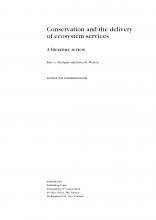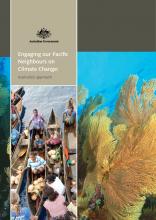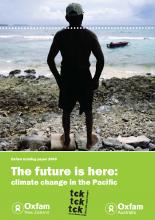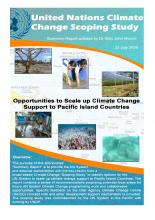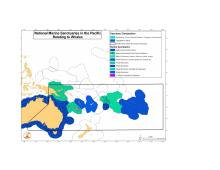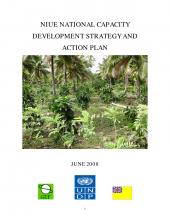Report of the annual meeting of the South Pacific whale research consortium, 9th February - 12th February 2009, Auckland, New Zealand

Island and Ocean Ecosystems
Available Online
South Pacific Whale Reseach Consortium
2009
Members of the South Pacific Whale Research Consortium met at the University of Auckland from 8-12 February, 2009 to discuss (i) the results of fieldwork and analysis conducted during 2008 and, (ii) conservation initiatives in the region. As with previous synoptic surveys dating back to the austral winter of 1999, surveys of humpback whales were conducted to collect genetic samples, individual identification photographs and song recordings in the four primary regions: New Caledonia, Tonga (Vavau), Cook Islands and French Polynesia (Moorea). Other regions surveyed in 2008 included Samoa, American Samoa, Fiji, New Zealand, Niue, Norfolk Island, Hervey Bay, Peregian Beach and Eden. A total of 218 photo-identified individuals recorded from throughout the Oceania region during 2007 were matched against the quality-controlled Oceania region photo-ID catalogues from the years 1999- 2007. This revealed additional evidence of low levels of interchange among breeding grounds of Oceania. Following the genotype match reported between French Polynesia and Colombia (breeding stocks F and G) reported in the 2008 SPWRC report, a comparison of quality controlled flukes from French Polynesia and the Antarctic Peninsula was undertaken during 2008. This comparison did not produce any confirmed matches between the two regions. Song analysis for the years 2002-2006 showed a pattern of sequential movement of unique song types from eastern Australia, east across the breeding grounds of Oceania. Members once again expressed their opposition to Japan's continued lethal research programme in the Antarctic and their concern that the ongoing or planned hunt of fin and humpback whales could negatively impact small, recovering populations some of which are the subject of long-term, non-lethal research by the Consortium.
